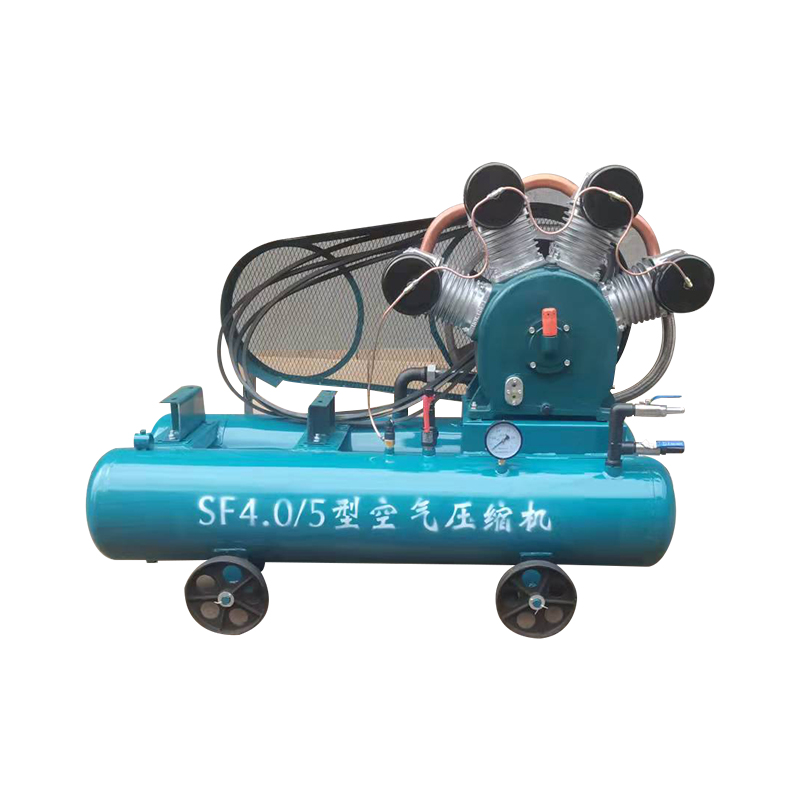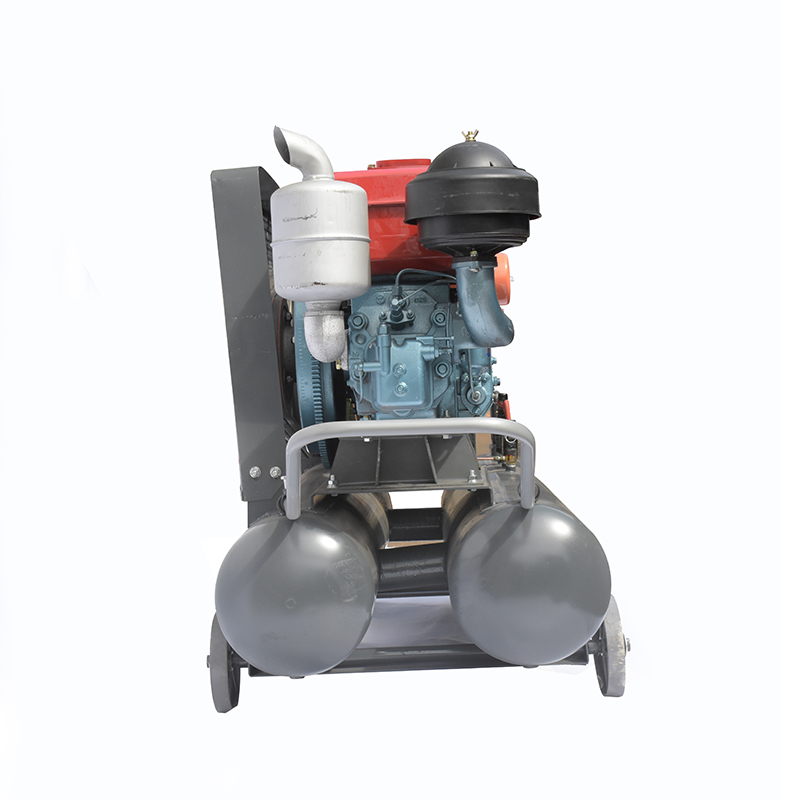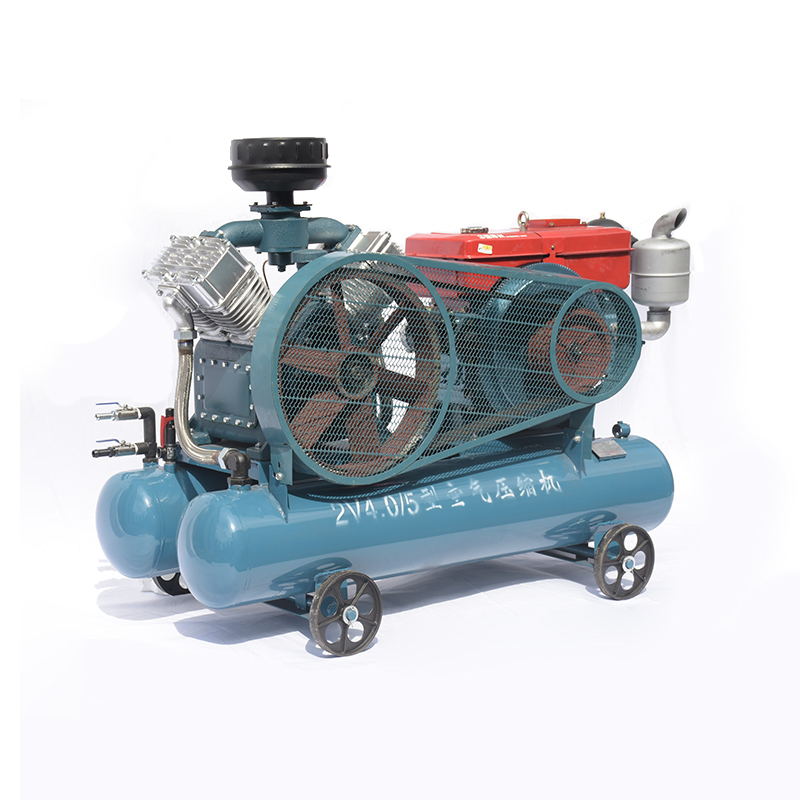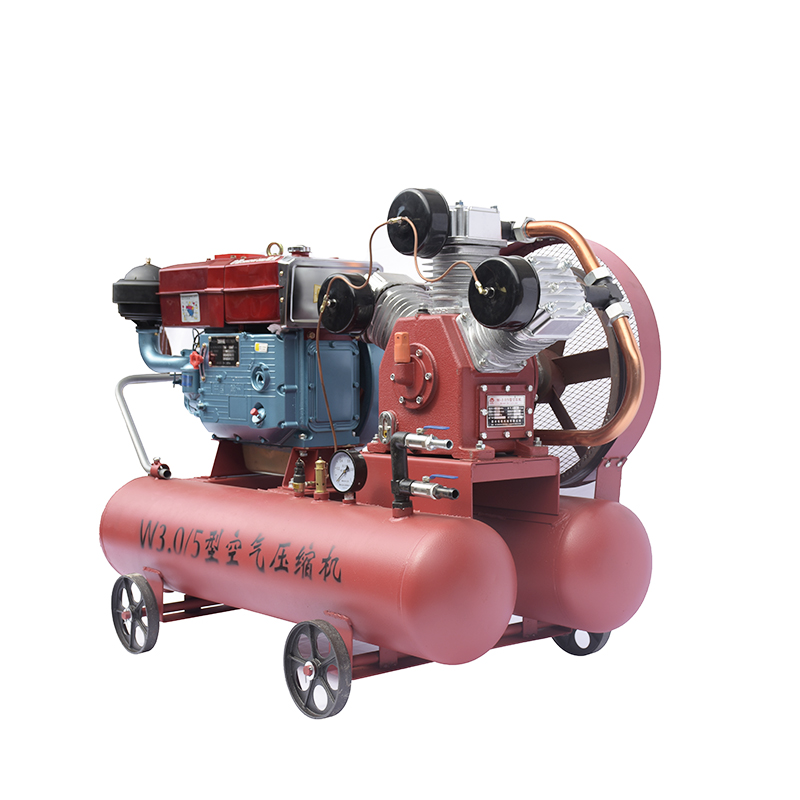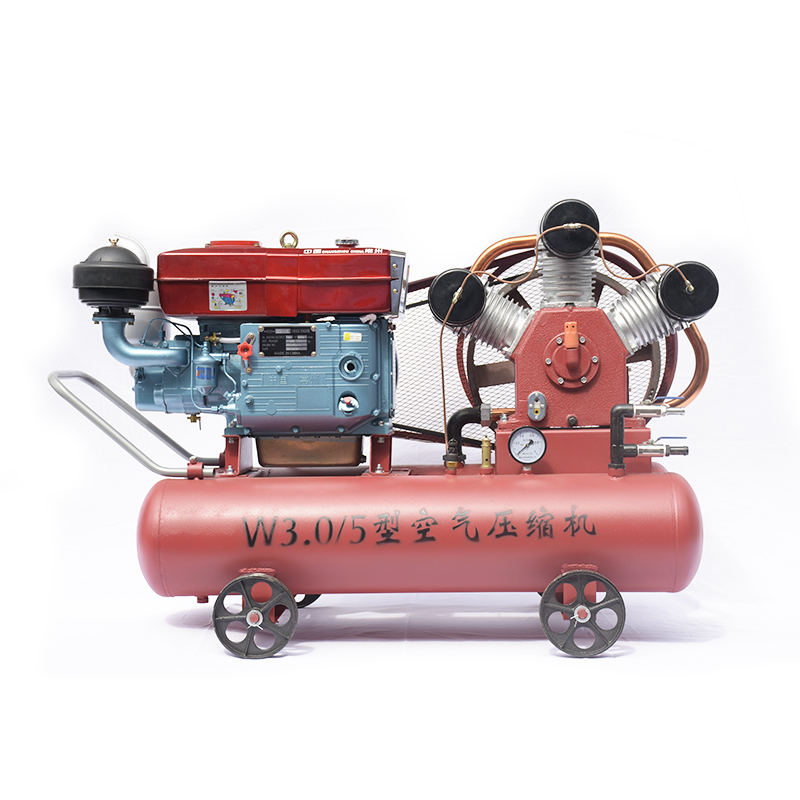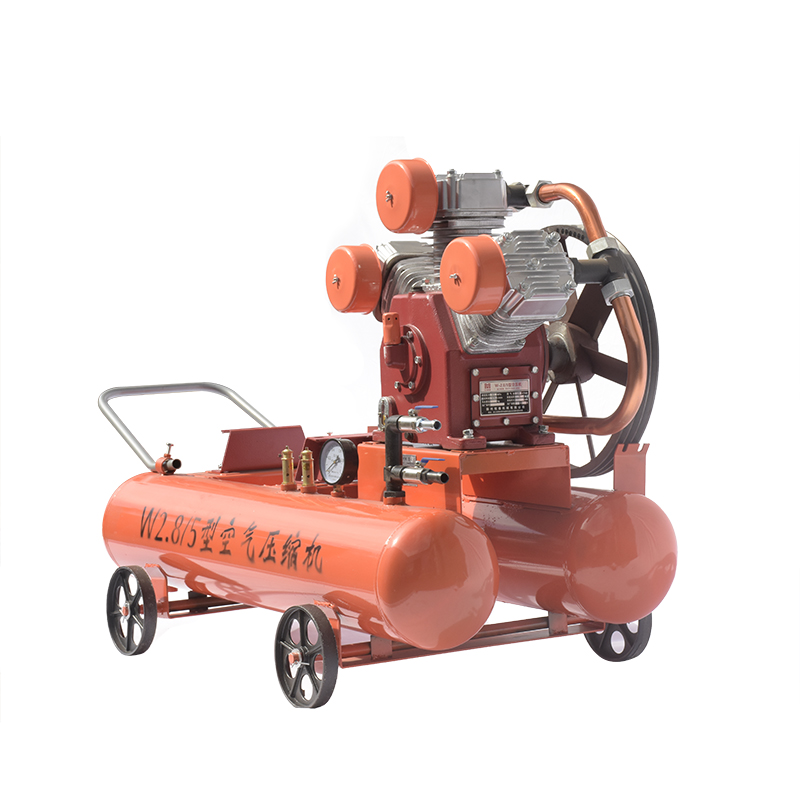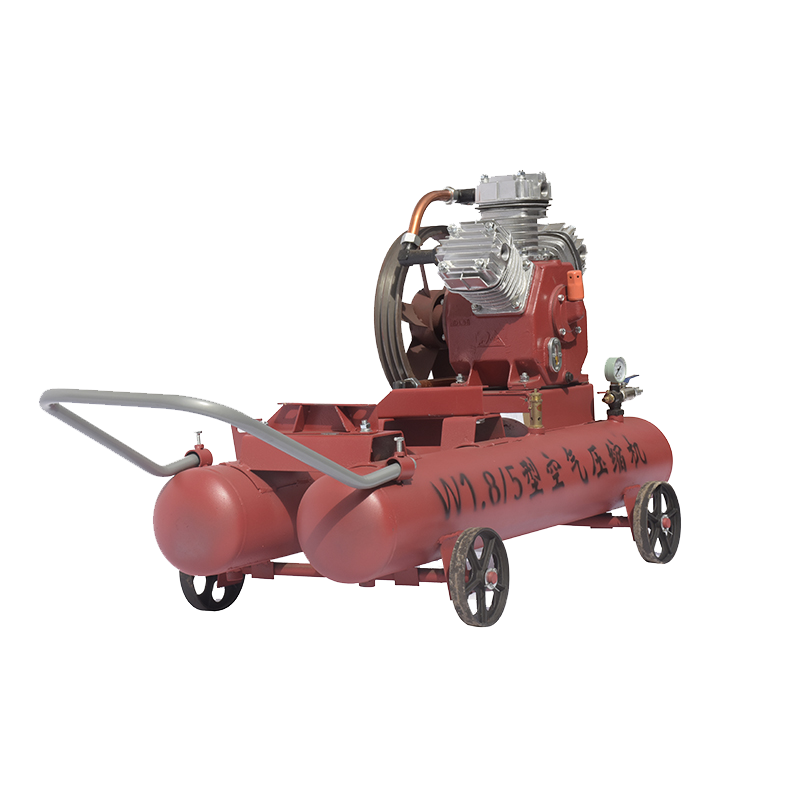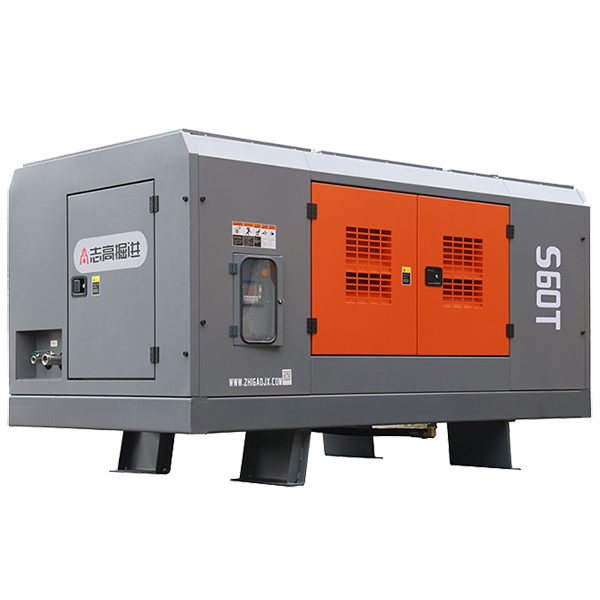The efficiency and effectiveness of an air conditioning system rely heavily on its air compressor. This important component circulates and pressurizes the airflow, allowing the AC to cool your home to optimal temperatures. Without a working air compressor, an AC unit would be rendered useless.
An air compressor is an invaluable appliance with a single purpose: to act as a powerhouse for a central air conditioning unit. Through the use of an electric motor, it operates to push warm air through a condensed hose, creating power and pressure. Once the warm air is compressed and pushed through the AC unit’s condenser coil, it is given a boost of cooling. The result? A refreshed and cooled home environment.
Many different types of air compressors power AC units, with the reciprocating air compressor being the most commonplace. It employs pistons to facilitate the movement of air through its mechanical system. Other types of compressors that can be used include scroll air compressors, rotary screw air compressors, and centrifugal air compressors.
To guarantee your AC is running consistently with optimal efficiency, it is essential that the compressor gets the care it needs. This involves swapping the air filter out on a regular basis, evaluating the refrigerant levels, and lubricating the compressed air unit. If any of these steps are overlooked, lack of adequate pressure might hamper the flow of air throughout the system, resulting in it being unable to operate as desired.
Ensuring the right-sized air compressor for your AC unit is paramount for success. A compressor that cannot generate adequate air pressure is not powerful enough, and one that is overly large consumes energy in vain and consequently inflates the running cost of your AC unit. Selecting the correct compressor capacity effectively stirs air circulation for optimal comfort.
If the time comes for you to get a new air compressor for your AC unit, it is vital to choose the appropriate size and type. If you are unsure of your selection, don’t take any chances – talk to an experienced professional for support. They’ll guarantee tht the compressor you get is suited to your system, as well as make sure it’s set up correctly.
If you are wanting your AC unit to run efficiently and keep your home cool, then a properly functioning air compressor is an absolute necessity. It’s integral that any compressor chosen is the correct size and that regular maintenance is conducted to avert any potential problems. If you are unsure of the type or size of compressor needed for your AC, it’s best to seek assistance from a knowledgeable professional.
No air conditioning system is complete without an air compressor, the engine that provides the powerhouse behind a successful setup. This sensational component works to keep the AC unit at its optimum level of efficiency, supplying it with conditioned air and sending it forth where it can provide refreshing comfort. The air compressor is necessary for successful air conditioning operations and for keeping you in a state of comfort.
Within an air conditioning system, an air compressor is an integral part, providing the pressurization which will allow refrigerant to do its job: making the living space comfortable. Without a reliable compressor, a unit would be incapable of providing the cooling that occupants need, leaving those inside a residence no other option than to endure scorching temperatures.
This article takes a closer look at the purpose and function of the air compressor for an AC unit, as well as touching on how to maintain it and troubleshoot any issues that may arise. We’ll also look at some of the more frequent issues that can affect an air compressor. So fasten your seatbelt and let’s all explore the inner workings of this essential tool together.
Gaining Insight Into the Air Compressor of AC Units
An air compressor for an AC unit is a device that provides the necessary pressure for the coolant in the air conditioning system to move through the pipes and generate an optimal climate in a room. This critical piece of machinery works to compress the refrigerant gas and convert it into a form that can effectively regulate the environment.
The engine of an AC unit lies within the external condenser unit, and it contains a motor, an impeller, and a compressor housing. The motor supplies power to the impeller, resulting in a vacuum that draws the refrigerant gas into the compressor. From there, it goes through the compression process and is released to the internal evaporator coil.
Without the air compressor, air conditioning systems are powerless to deliver a cool atmosphere to homes or buildings. If it fails to perform, then the desired comfort of a fresh environment cannot be achieved.
Unravel the Mystery: What Powers Air Conditioning with an Air Compressor?
The AC unit’s air compressor draws in refrigerant gas to make a vacuum. This gas is then pressured up and recommended to the evaporator coil inside the house. This compressor works to supply enough force for the refrigerant to move through the system and chill the air.
As the heat rises and the thermostat demands it, the compressor gets to work. It sucks in the refrigerant gas and squeezes it tightly. The forcefully compressed gas is then taken to an indoor evaporator coil where its temperature is dropped down for relief. After this cooling, the refrigerant is taken back to its starting point at the compressor, ready to be reused for the same cycle again.
Prolong the Life of Your Air Compressor: Tips for Taking Care of It for AC Unit
A properly-tended air compressor of an AC devices guarantees outstanding operation and performance. To maintain these favorable results, one should remember to adhere to the below guidelines:
Investigate the compressor for any signs of deterioration or harm. Guarantee all the links and wiring are effectively fastened.
Guarantee that the motor is fully oiled and operating at its best.
It is imperative to examine the impeller carefully for any potential issues, such as visible signs of deterioration or harm.
Confirm that the refrigerant levels are accurate by double-checking them against their optimal/required values.
In order to guarantee a fully-operational compressor, it is important to stick to a regular service routine.
Troublesome Challenges of Operating Air Compressors
When it comes to air compressing units, there are some issues that tend to appear frequently. These ailments can be seen in the form of:
The compressor might suffer damage if it starts leaking its coolant, which is also likely to diminish its performance and lead to a drop in efficiency.
The compressor is designed to keep operating at a certain temperature, but if that temperature increases too rapidly, the system will automatically shut off to prevent any further damage.
If the motor ceases to function, the compressor will not be able to continue its operations.
If the refrigerant filters become blocked, the compressor will be unable to pull in the vital coolant for its functioning.
Damage to any segments of the compressor can lead to failure, marked by signs of wear and deterioration.
Troubleshooting air compressors requires a skilled hand, since several malfunctions are possible. From unexpected power issues to the noisy operation of the machine, qualified specialists should be contacted so they can identify and rectify the difficulty.
For a successful and effective air conditioning system, an air compressor is an essential element. Playing a key role by creating the necessary pressure for the refrigerant to flow through the system and chill the air, it is important for air compressors to be kept in optimal shape through proper upkeep. When any problems arise, a professional inspection and repair should be sought; ignoring issues related to your air compressor can lead to system malfunctions.
Post time: 2023-07-12


